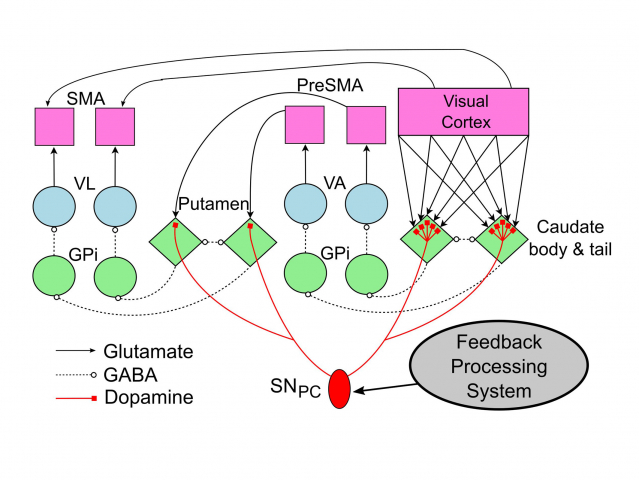Professor Ashby’s research combines cognitive neuroscience, cognitive psychology, computational modeling, and empirical data collection to study the neural and cognitive mechanisms that mediate human learning, from initial acquisition through automaticity. His work has made a number of seminal contributions. First, he is known for his proposal that environmental events that elicit positive mood (e.g., happiness) cause cortical dopamine levels to rise for 20 – 30 minutes, and that these elevated dopamine levels improve executive function, creative problem solving, and working memory. Second, he was among the first to propose that humans have multiple learning systems, which for the most part, are functionally and anatomically distinct, evolved at different times for different purposes, learn different types of information, and thrive under qualitatively different types of conditions. Third, he was and remains a leader in developing the multidimensional generalization of signal detection theory called general recognition theory.





